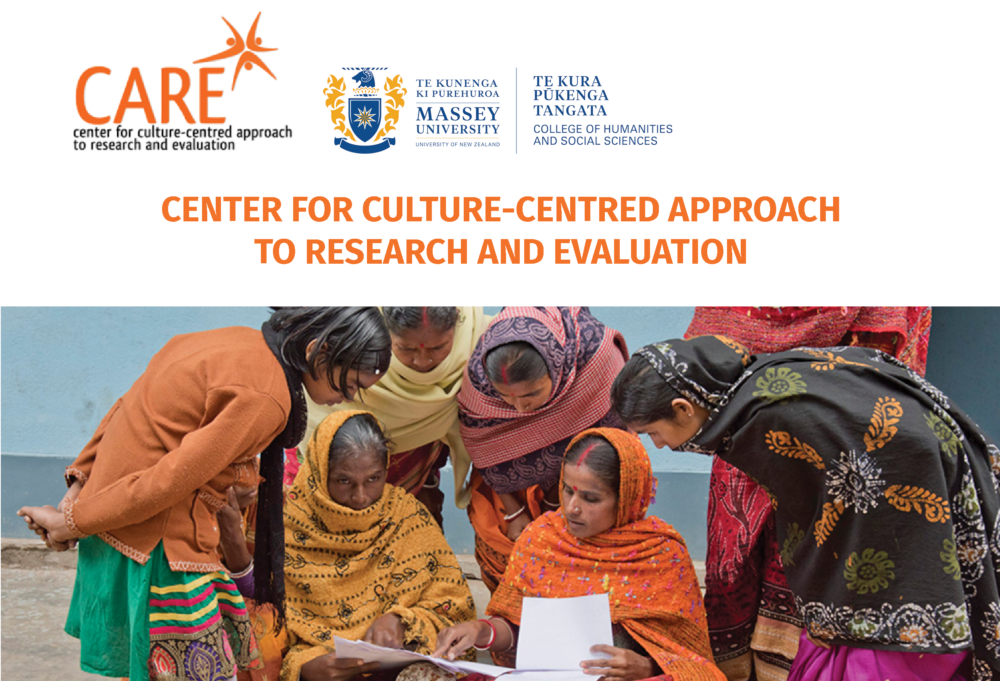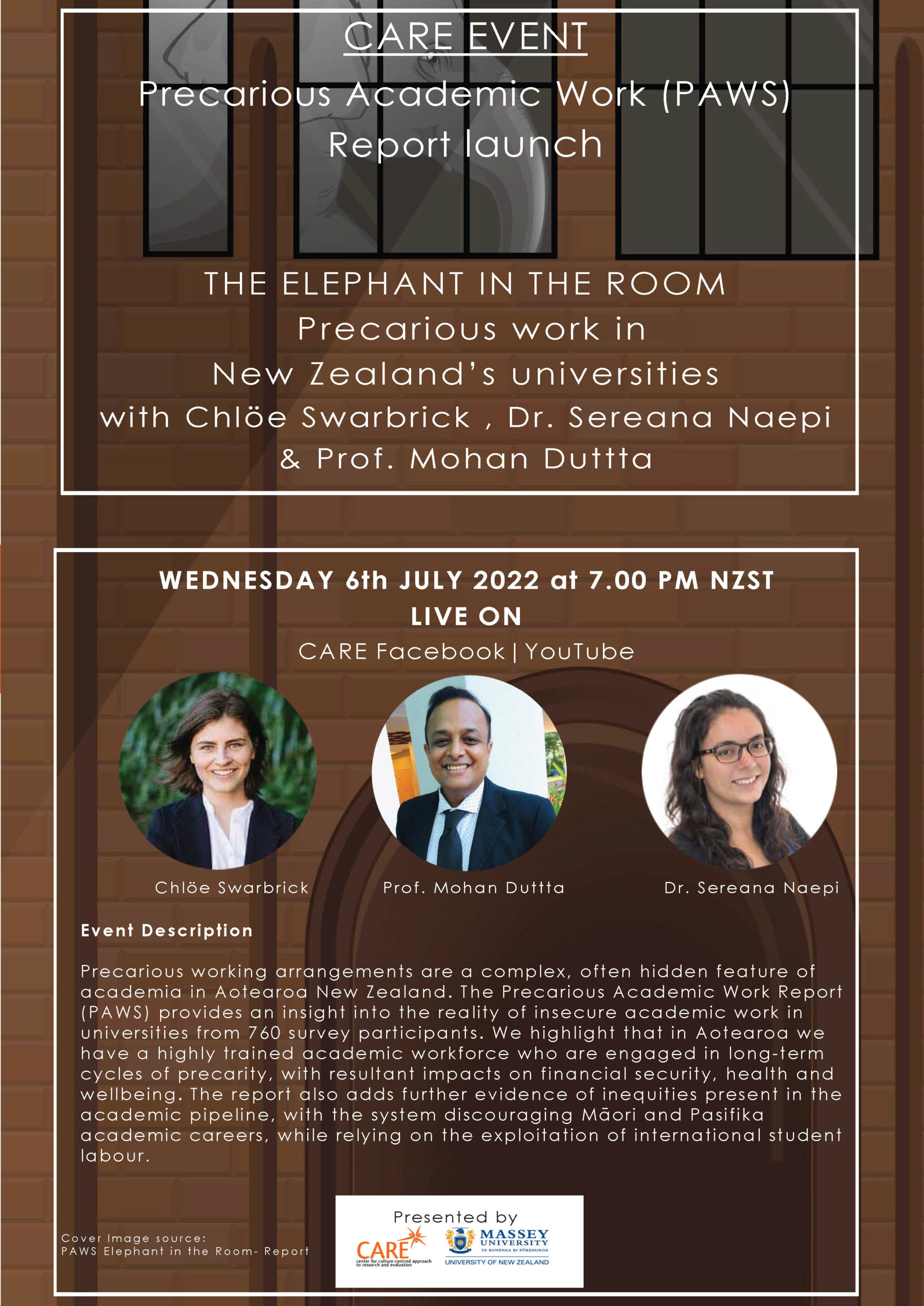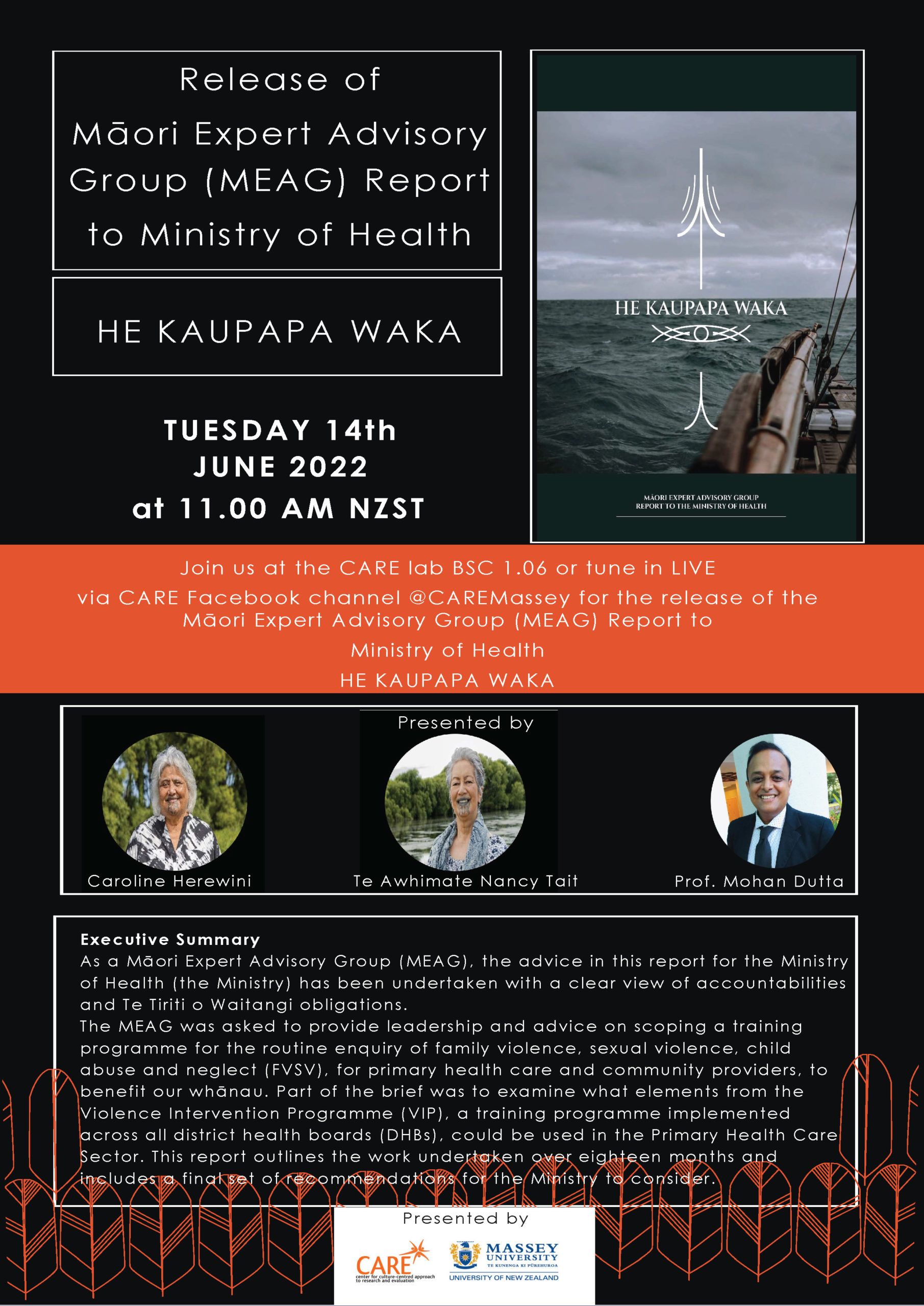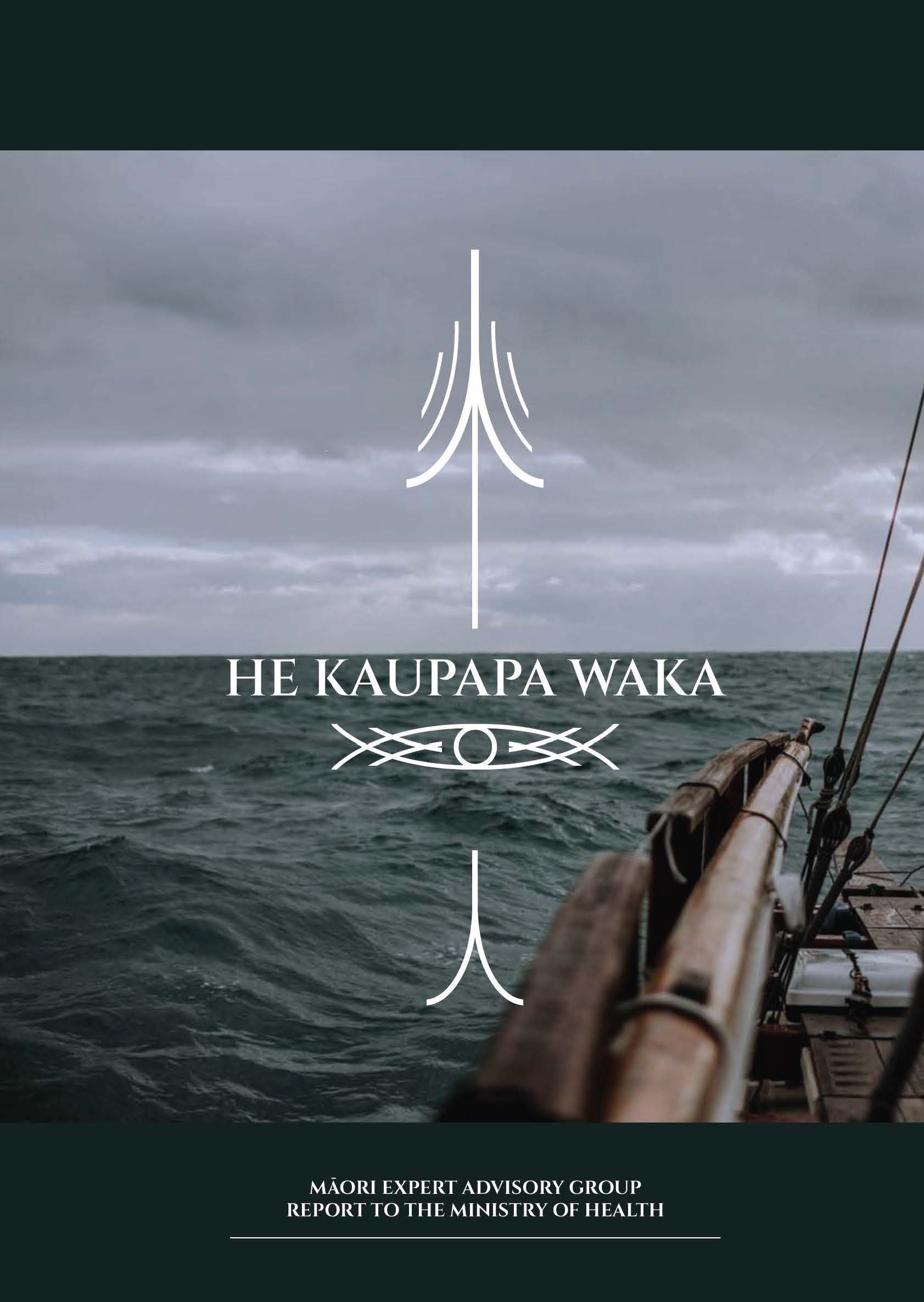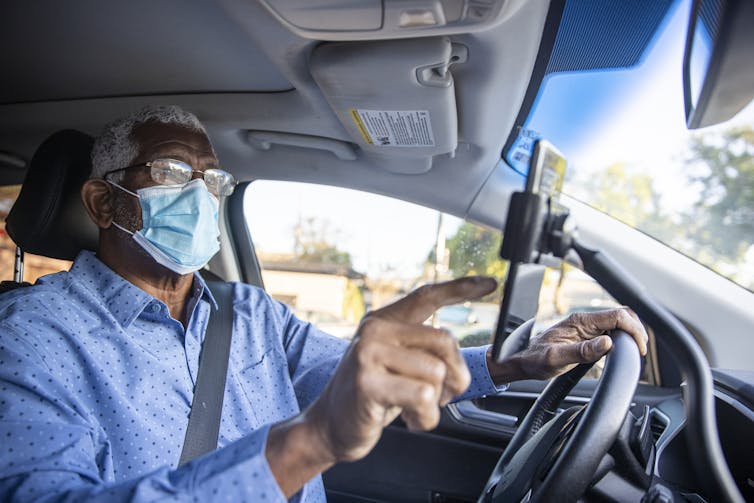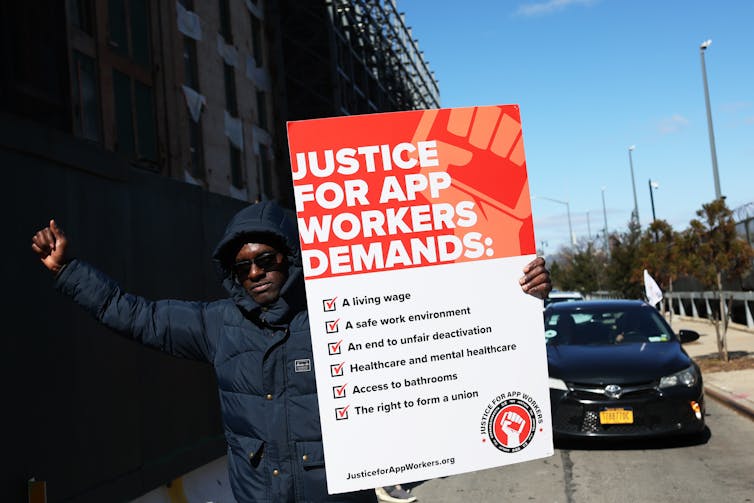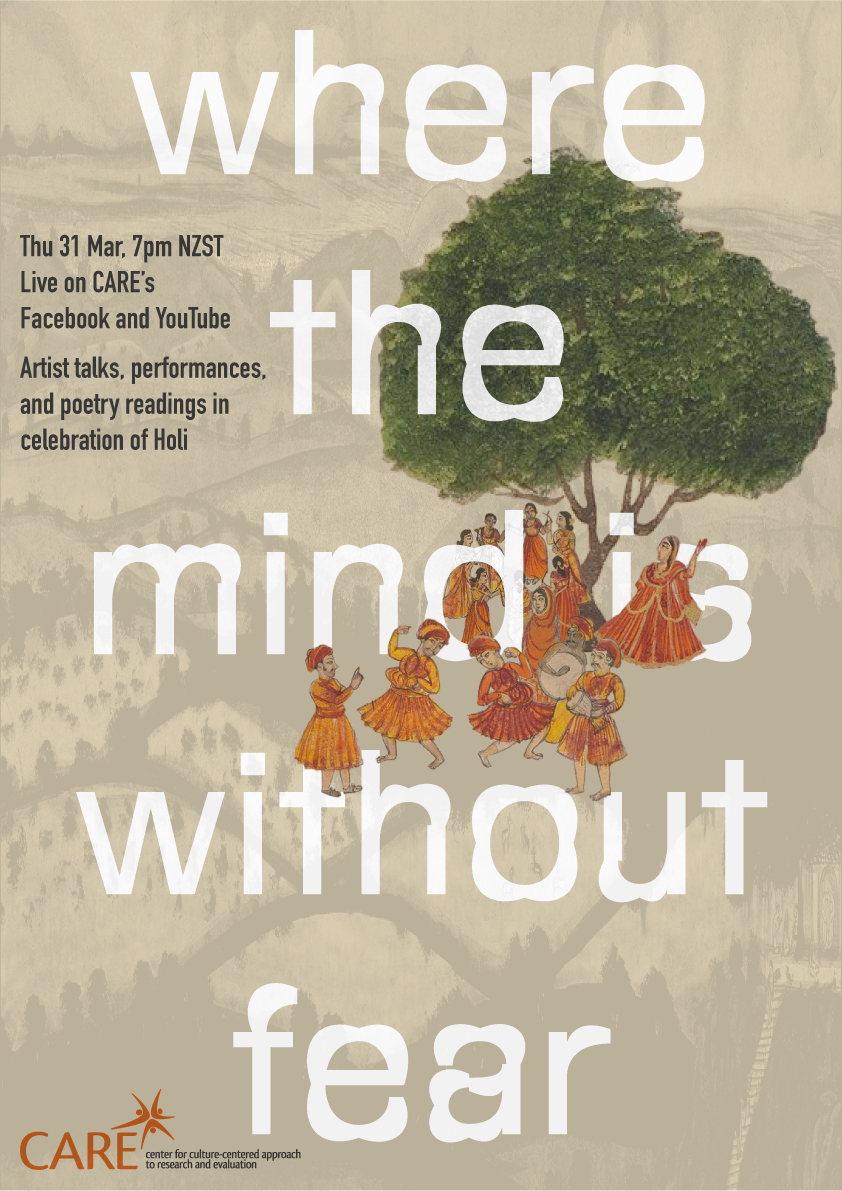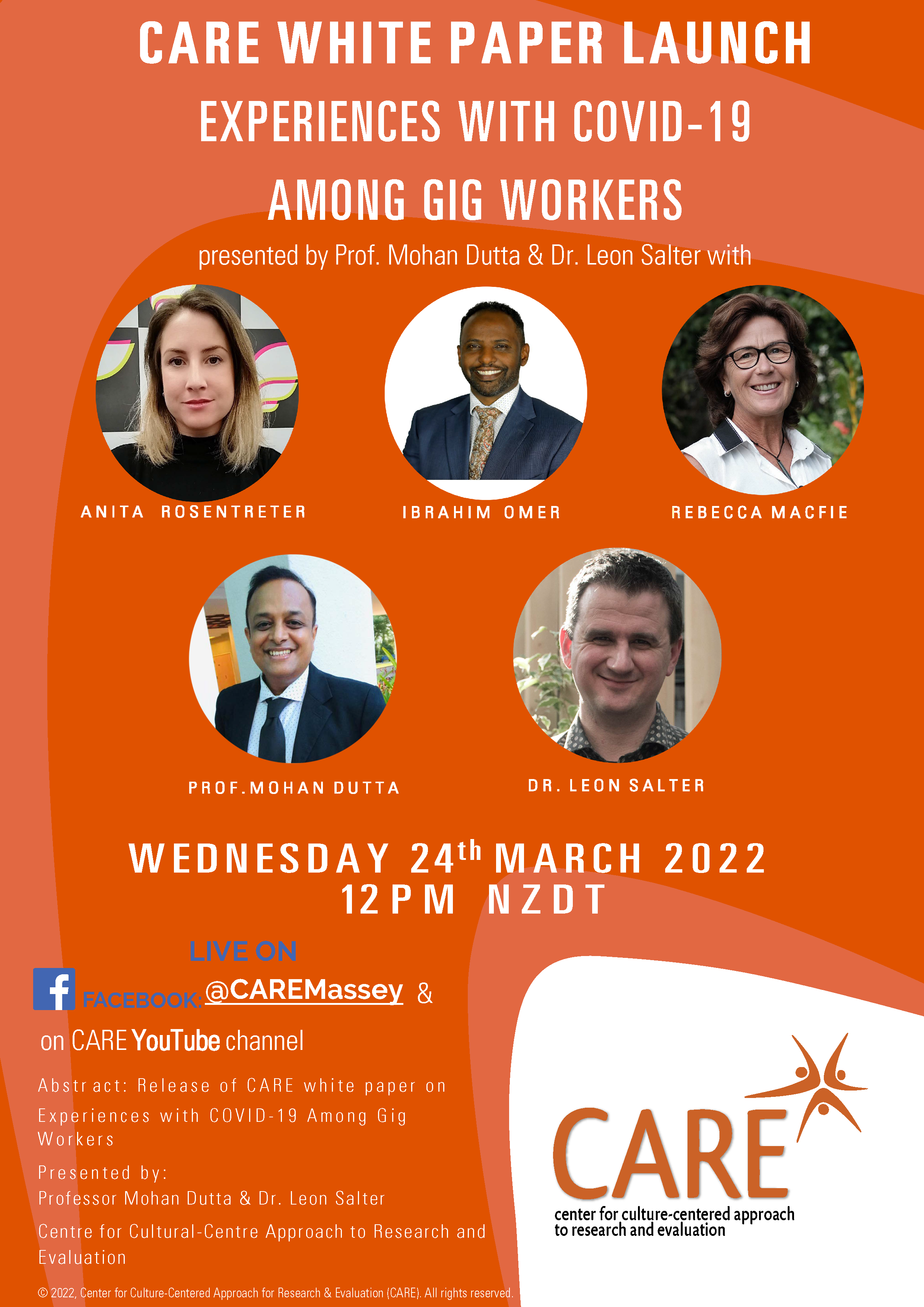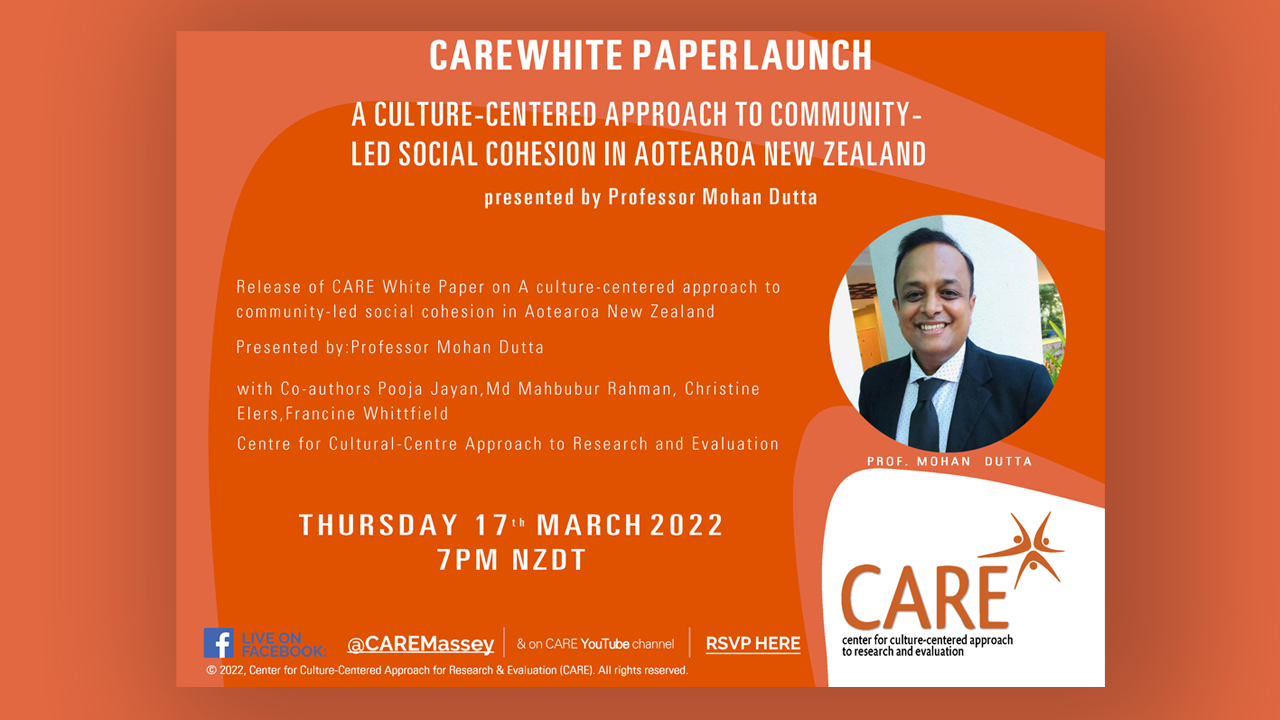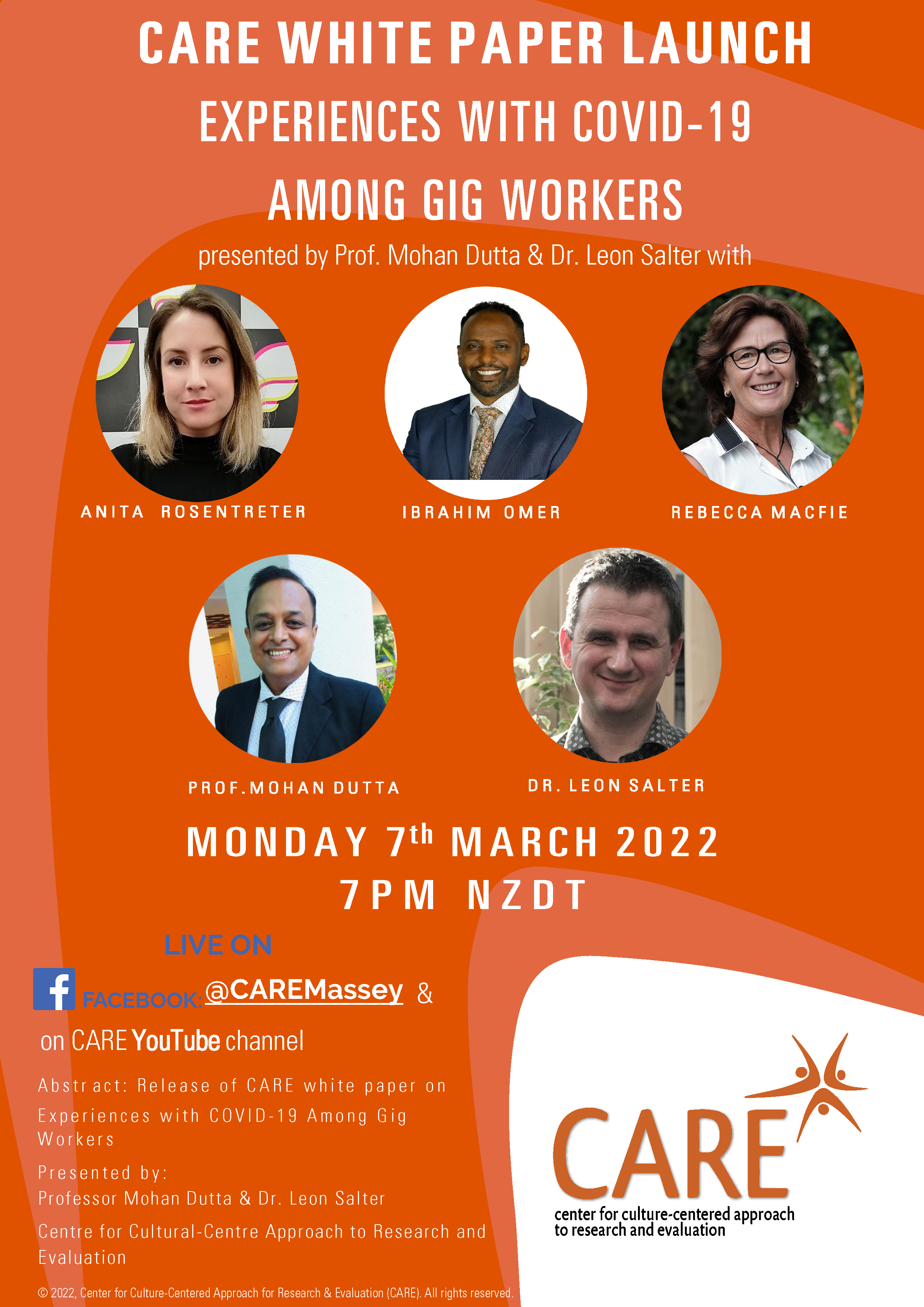A Washington Post story published on June 2, titled “Google’s plan to talk about caste bias led to ‘division and rancor’,” documents the resistance put up by employees at Google identifying themselves as Hindu protesting the platforming of a pedagogy-based lecture by the dalit rights activist Thenmozhi Soundararajan, the founder and executive director of Equality Labs. Equality Labs is a nonprofit that advocates for Dalits.
What is powerful about the story is the complicity of the infrastructure of Google in de-platforming the event and in targeting the organizer of the event at Google, Tanuja Gupta, who worked as a senior manager at Google News.
The disinformation campaign organized by Hindu employees targeting Soundararajan called her “Hindu-phobic” and “anti-Hindu” in emails to the company’s leaders.
I am very familiar with these tropes, rooted in disinformation, that are increasingly being deployed by Hindutva adherents to target critics of Hindutva, particularly academics, journalists, and activists.
Over the course of the past year, in response to my scholarship on Hindutva and the support of CARE, the center I direct, for a conference titled “Dismantling Global Hindutva,” I have experienced relentless attacks fuelled by a disinformation campaign labelling me Hinduphobic and accusing me of spreading “Hindumisia” (both Hinduphobia and Hindumisia are terms concocted by Hindutva to silence critics of the hateful ideology). These attacks have taken the forms of letter-writing campaigns directed at my employer, threats on Twitter, sexually violent emails threatening rape, and death threats on digital platforms.
What is critical to this global disinformation campaign is the role of formally recognized organizations such as Hindu Council and Hindu Youth here in Aotearoa, Hindu American Foundation in the US, as well as professionals and business owners in disseminating the disinformation.
In the context of Google, the disinformation is seeded and disseminated by employees.
In doing so, Hindutva adherents draw on diversity, equity and inclusion (DEI) policies, making the claim that the criticism of caste or Islamophobia in Hindutva violates the principles of DEI.
The Indian Institutes of Technologies that both the Google CEO Sundar Pichai (a Tamil Brahmin) and I attended (Pichai graduated two years ahead of me from IIT Kharagpur), and that boast of having trained the leaders of the global tech sector (IIT Bombay alumnus Parag Agarwal is the Twitter CEO, the chairman and CEO of IBM is the IIT Kanpur B.Tech Arvind Krishna, among many other alums who lead the tech sector) were founded on the principle of cultivating the scientific temper and preparing the engineers that will build the newly independent postcolonial nation.
Inherent in the construction of the IITs is a Brahminical structure that privileges specific forms of merit that draw upon the historic hierarchies of caste in India.
The very notion of merit is rooted in and intrinsically intertwined with caste in the Indian context.
That caste hierarchies and the accompanying oppressions have shaped access to learning resources and opportunities for learning are erased from the hegemonic caste formations that shape education, and certainly engineering education, in India.
These caste hierarchies are intensified in the IITs, with their projection of elite education based on the hyper-competitive joint entrance examination.
At IIT, Kharagpur, the Institution I attended, the caste structure played out in the largely Brahmin men, and the occasional Brahmin women, that formed the professorial ranks. The Mukherjees, Chatterjees, Banerjees, and the Bhattacharyas (Bengali Brahmins) made up these ranks, replete with the taken-for-granted practices of inclusion and exclusion, rooted in caste supremacy. In the 1990s when I attended the IITs, it was rare to take a course from a dalit professor.
It would be worthwhile to examine the caste composition of the Professoriate in the IITs in 2022.
Caste practices play out in the oppressive treatment meted out to oppressed caste students.
Marked as “quota students,” dalits are subjected to racialized slurs challenging their intelligence and their right to be in the IITs. These racialized slurs were often uttered by peers and reinforced by Professors.
The power of the caste infrastructure is held up through communication, through gossip networks that undermine, through racialized slurs, and through practices of touch and body that exclude.
In 2021, an IIT Kharagpur Professor was video recorded bullying and verbally abusing dalit students. This recording offered an account of practices of casteist violence that are deep-seated in the institutions.
The toxicity of the caste structure is manifest in the negotiations of mental health among dalit students, reflected in the disproportionate suicide rates among dalit students. Students report experiencing discrimination on the basis of caste and religion, holding the religious and caste biases of the IITs as the underlying reasons for suicides.
Caste-based inequality flows from education into the technology sectors, with discriminatory practices around touch, racialized verbal and emotional abuse, and denial of opportunities to dalits built into organizational structures.
Global technology organizations such as Google have large representation of South Asians, with a strong presence of Indians.
For Indians in such tech organizations, diversity, equity and inclusion (DEI) forms a key resource in addressing the challenges of organizational bias and structural racism.
Hindutva-espousing professionals within organizations such as Google then communicatively invert caste, on one hand, erasing the presence of caste, and on the other hand, claiming that any discussion of caste in Hinduism is Hinduphobic and will result in discrimination of Hindus. The erasure of caste oppression then is incorporated into the discursive architecture, denying caste oppression while perpetuating it.
Salient in the farewell note of Tanuja Gupta to Google is the following account:
“Of all the organizing I have done at this company, I think many are surprised that fighting for caste equity was the lightning rod issue that took me down. But I have an Indian CEO and SVP who both know exactly what’s going on and tacitly approve of everything that’s happened. I know this because multiple VPs and Directors confirmed that in Sundar’s Leads meeting, they discussed the need for a new universal vetting process of speakers to ensure this doesn’t happen again. So my hope is that Googlers start to understand the magnitude of this issue, and the threat that their greater understanding poses to the South Asians in power.”
The discussion of caste in global tech organizations threatens the power consolidated by upper caste Indians within these organizations. The discussion of caste disrupts the carefully crafted model minority narrative that is essential to the upward mobility of Indians in the tech sector and to the perpetuation of the meritocratic myth that fuels the tech sector. The discussion of caste threatens to reveal the misogyny, violence, and racism that forms the communicative infrastructure of a cross-section of Hindu society.
Paradoxically, the claims to DEI serve as tools for shutting down necessary discussions of caste violence in tech.
The silencing of the voices of dalits within organizational structures is violence that perpetuates Hindutva. Moreover, the erasure of conversations on caste in tech forecloses critical conversations on the role of caste in shaping algorithms and platform infrastructures. These are critical questions as the speak to the organizing role of a racist ideology in shaping platform algorithms and search engines. Critical conversations on caste led by dalits is vital to building just platform architectures.
Professor Mohan Dutta is Dean’s Chair Professor of Communication. He is the Director of the Center for Culture-Centered Approach to Research and Evaluation (CARE), developing culturally-centered, community-based projects of social change, advocacy, and activism that articulate health as a human right.
Google #ThenmozhiSoundararajan #EqualityLabs #Dalits #IITKharagpur #IndianInstitutesOfTechnologies #Hindutva #CAREMassey #CAREMasseyNZ #CARECCA
Article & Image Source: Massey News
